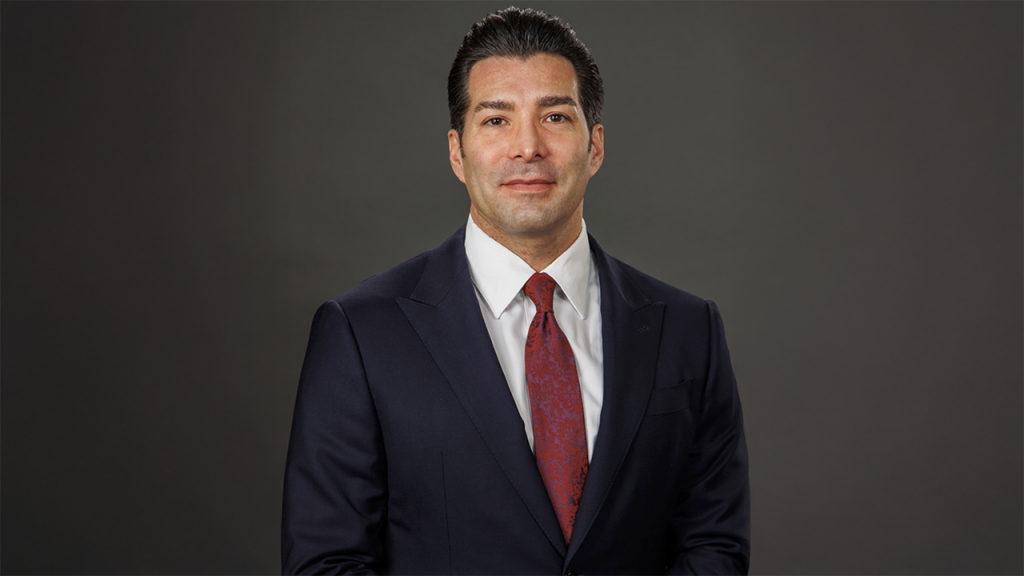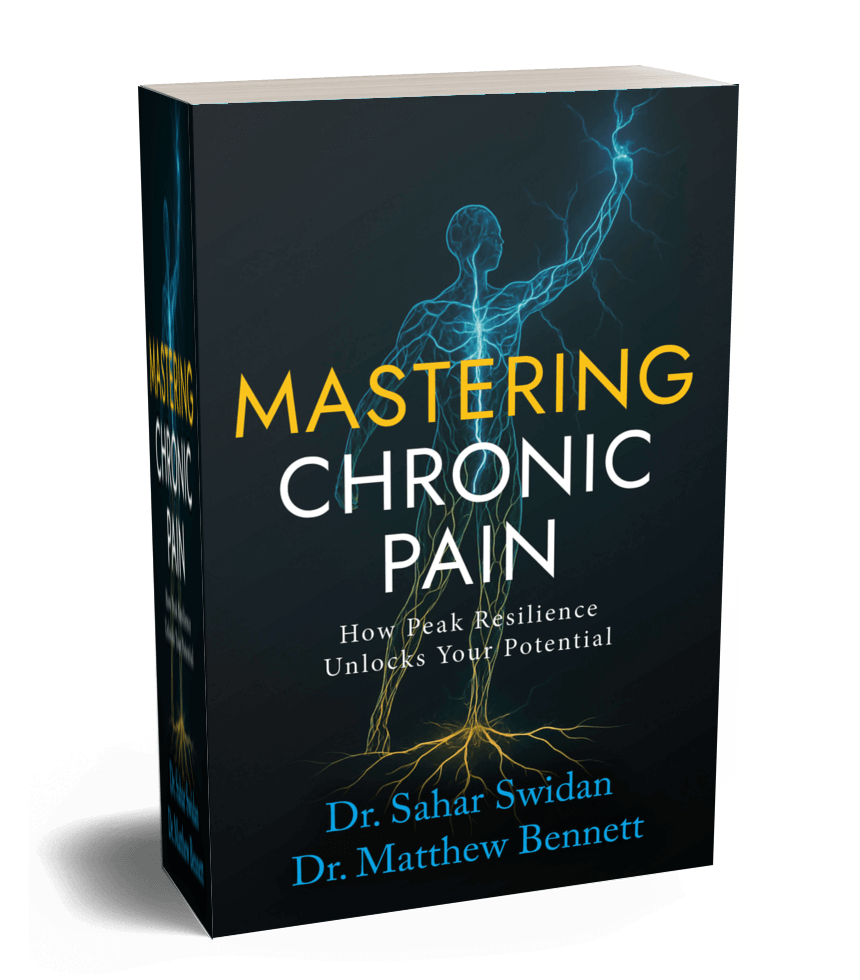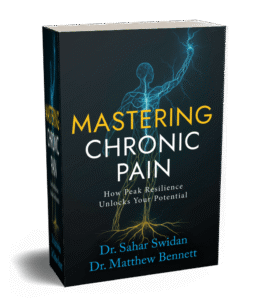As of 2025, updates to the Nurse Licensure Compact (NLC) are reshaping how nurses practice across state lines and raising the stakes for those facing disciplinary action. While the compact continues to offer licensed nurses the ability to work in multiple states under one multistate license, new reforms are tightening oversight and coordination between state nursing boards. The result is a double-edged sword: increased mobility, but also increased exposure to disciplinary risk.
For nurses, a single complaint or investigation in one compact state may now trigger scrutiny or consequences in every state where they hold eligibility to practice. Even minor infractions, such as documentation errors, workplace disputes, or unsubstantiated allegations, can result in multi-jurisdictional complications that jeopardize a nurse’s entire career.
Joseph Lento, founder of Lento Law Firm and an advocate for licensed professionals navigating board investigations, says these new dynamics require a far more strategic and informed response than in the past.
Lento asserts, “The Compact’s reach means that a single allegation in one state can trigger cascading investigations elsewhere. We advise nurses to seek legal advice before responding to any inquiry — even if the issue seems minor. Silence or missteps early on can lead to broader and avoidable disciplinary consequences.”
The NLC, originally designed to streamline practice across state lines and ease staffing shortages, has evolved into a powerful regulatory network. Boards of nursing are now sharing data more efficiently, flagging concerns through national databases, and issuing reciprocal discipline. A license suspension or consent agreement in one state can trigger automatic action elsewhere, even before a full investigation is complete.
Many nurses are unaware of how quickly a local complaint can snowball. Employers often report concerns directly to state boards, even when no formal employment discipline has occurred. Nurses who resign under pressure or without representation may inadvertently trigger investigations that follow them long after they leave a job.
“We have defended professionals who were unaware that employer reports automatically escalate to board inquiries. Before resigning or signing any employer document, consult legal counsel. An early legal strategy can help mitigate reciprocal action across states,” Lento contends.
Adding to the complexity, the compact’s updated provisions give boards more leeway to impose interim restrictions while investigations are pending. Nurses may face practice limitations, probationary terms, or public notice of disciplinary action before any final determination has been made, raising concerns about due process and reputational harm.
Public reporting through national licensing databases can make it difficult for nurses to secure new employment even when allegations are ultimately dismissed. In today’s environment, even a temporary mark on one’s record can become a long-term professional barrier.
Lento maintains, “Interim restrictions can damage a nurse’s reputation before guilt is even considered. Our firm frequently challenges these premature actions and fights to clear disciplinary databases of unjust marks. Protecting your license starts with understanding your rights in every jurisdiction where you practice.”
These new realities are especially challenging for travel nurses and those working in high-risk specialties like behavioral health, emergency care, and long-term care, sectors already under pressure from staffing shortages and burnout. As expectations and enforcement tighten, nurses are expected to remain compliant with a growing patchwork of state-level standards, all while under the umbrella of one compact license.
For professionals who are already stretched thin, the regulatory environment can feel unpredictable and unforgiving. The stakes are high: a single board action can derail years of training, impact income, and lead to permanent exclusion from certain job markets.
Disclaimer and Disclosure: This article is an opinion piece for informational purposes only. Meditech Today and its affiliates do not take responsibility for the views expressed. Readers should conduct independent research to form their own opinions.













